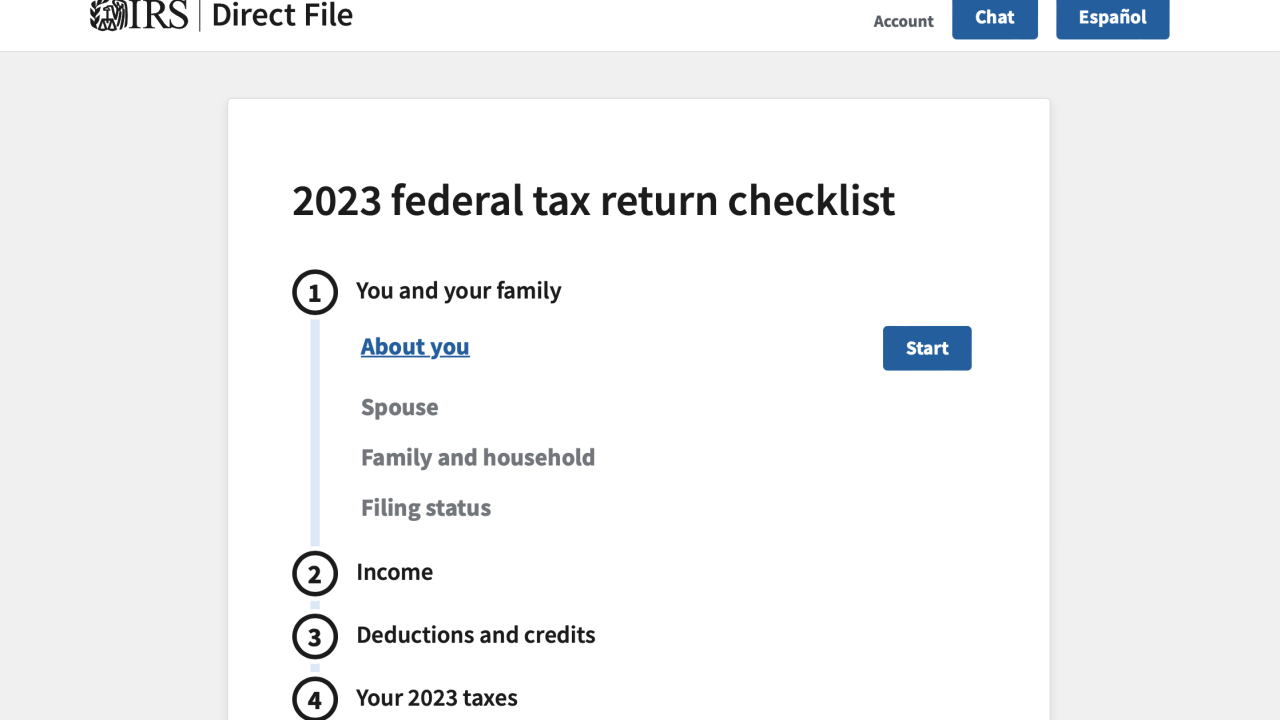A bipartisan group of four U.S. senators wants the Internal Revenue Service and Treasury Department to investigate whether nonprofit hospitals are abusing their tax-exempt status.
The lawmakers pointed to cases of nonprofit hospitals charging full price for services that should have been free or discounted. They also said some of these institutions pursued indigent patients for medical debt, including placing liens on their homes.
More than half of approximately 5,200 community
"We are alarmed by reports that despite their tax-exempt status, certain nonprofit hospitals may be taking advantage of this overly broad definition of 'community benefit' and engaging in practices that are not in the best interest of the patient," senators including Elizabeth Warren of Massachusetts and Chuck Grassley of Iowa wrote in a

There aren't explicit rules for what constitutes meeting charity-care guidelines. Lawmakers have previously said that disclosure requirements are vague, allowing institutions to duck their responsibilities. The hospital industry has
In the Monday letter, the senators called for the government to update the forms hospitals file to disclose charity care. They also want to identify hospitals whose tax-exempt status was revoked, as well as those that were audited or deemed at risk for non-compliance.
Lawmakers had addressed this issue at a House Ways and Means
States and municipalities have also pushed back on nonprofit hospitals. Colorado has a new
More than three quarters of the 1,773 nonprofit hospitals examined by health-care think tank Lown Institute spent less on charity care and community investment than the estimated value of their tax break, according to the most recent Fair-Share Spending





